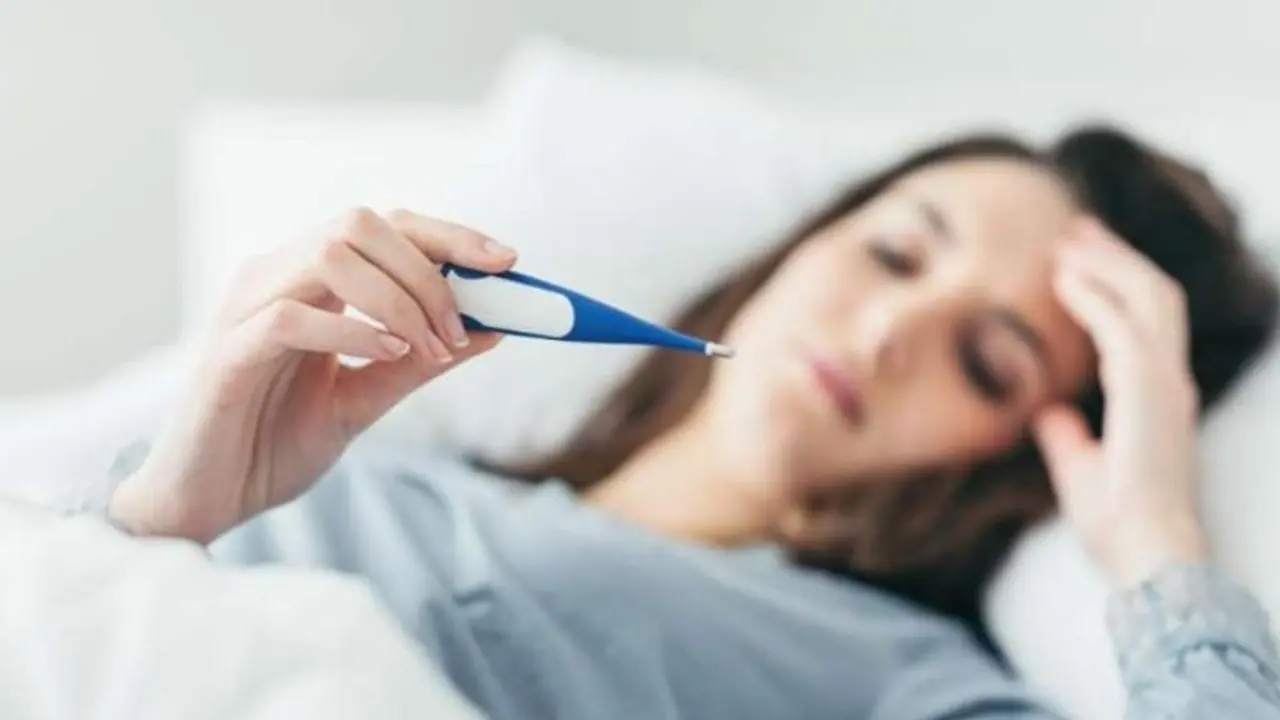With vector-borne diseases on the rise during monsoon, one disease that can be fatal is malaria. Here’s all you need to know about this deadly disease.
Bengaluru: Malaria is a serious and sometimes life-threatening tropical disease that spreads through parasites.

Malaria is caused by Plasmodium parasites. The parasites are spread to people through the bites of infected female Anopheles mosquitoes, called "malaria vectors." There are 5 parasite species that cause malaria in humans, and 2 of these species – P. falciparum and P. vivax – pose the greatest threat.
Once the parasites enter your body, they travel to your liver, where they multiply. They invade your red blood cells, which carry oxygen. The parasites get inside them, lay their eggs, and multiply until the red blood cell bursts. This releases more parasites into the bloodstream. As they attack more of your healthy red blood cells, this infection can make you very sick.
Symptoms:
In a non-immune individual, symptoms usually appear 10–15 days after the infective mosquito bite. The first symptoms – fever, headache, and chills – may be mild and difficult to recognize as malaria.
If not treated within 24 hours, P. falciparum malaria can progress to severe illness, often leading to death.
Children with severe malaria frequently develop one or more of the following symptoms: severe anaemia, respiratory distress in relation to metabolic acidosis, or cerebral malaria. In adults, multi-organ failure is also frequent.
Diagnosis:
A blood test can show if you have malaria, but your doctor will also ask you about your medical history and any recent travel and do a physical exam.
The blood test can tell your doctor:
· If the parasite is in your blood
· If certain medications will work against the parasite
· If your body has ever made antibodies to fight off malaria
Treatment:
The treatment your doctor recommends will depend on things like:
· The type of parasite you have
· How bad your symptoms are
· The geographic area where you got infected
· Your age
· Whether you’re pregnant
Medications doctors use to treat malaria include:
· Chloroquine or hydroxychloroquine: Your doctor may recommend one of these drugs if your symptoms aren’t serious and you’re in an area where the parasite hasn’t become resistant to chloroquine.
· Artemisinin-based combination therapy (ACT): This combines two medicines that work in different ways. They’re used to treat milder cases of malaria or as part of a treatment plan for more serious cases.
· Atovaquone-proguanil, artemether-lumefantrine: These combinations are other options in areas where the parasite has become resistant to chloroquine. They also can be given to children.
· Mefloquine: This medication is another option if chloroquine can’t be used, but it’s been linked to rare but serious side effects related to your brain and is only used as a last resort.
· Artesunate. If your symptoms are severe, your doctor may recommend this drug as treatment for the first 24 hours, then follow it with 3 days of artemisinin-based combination therapy.
· Some parasites that cause malaria have become resistant to almost all the medicines used to treat the illness, so researchers are always looking for new drugs that work.
Find out more in #TheNewsableDecipher
